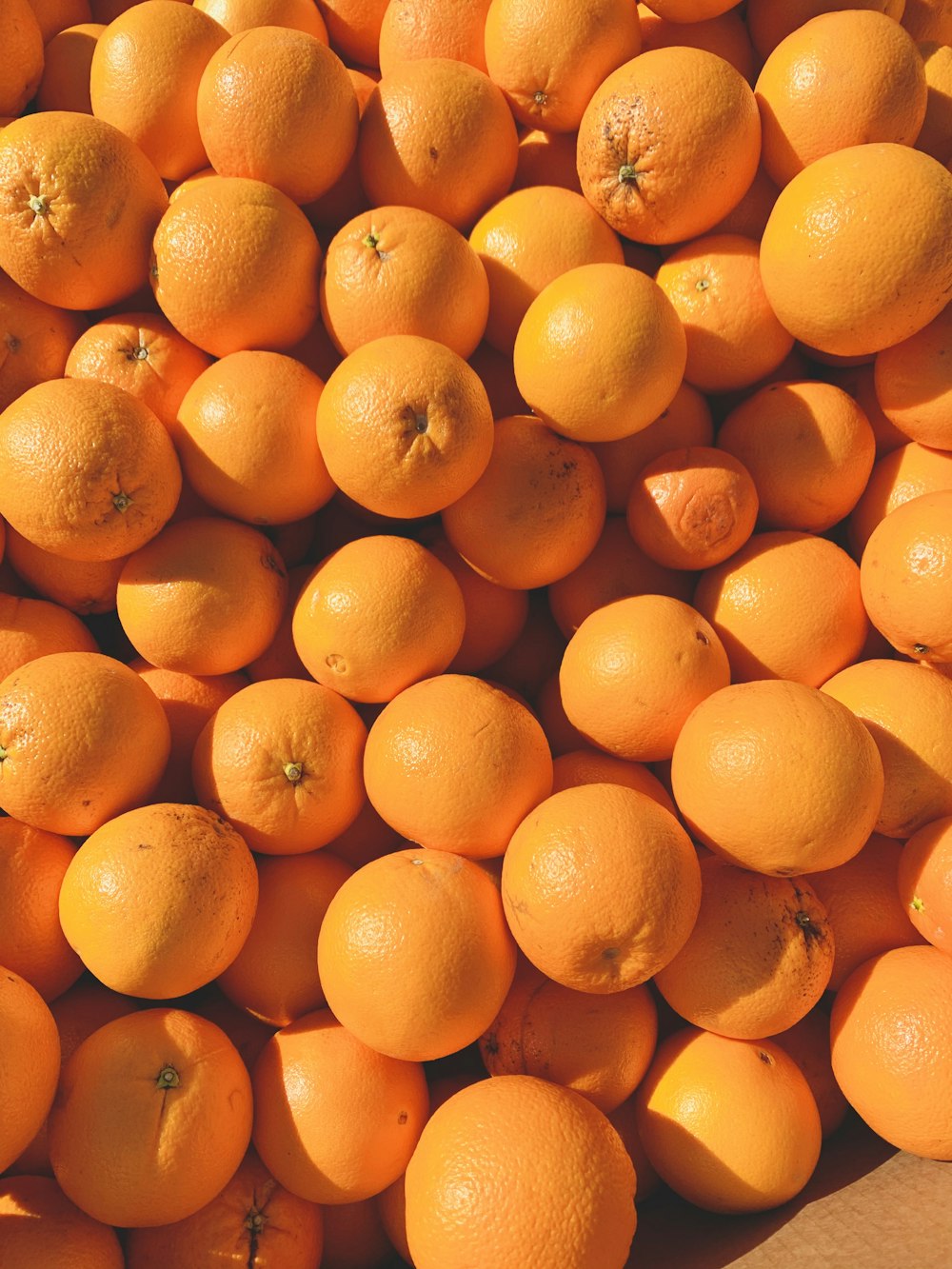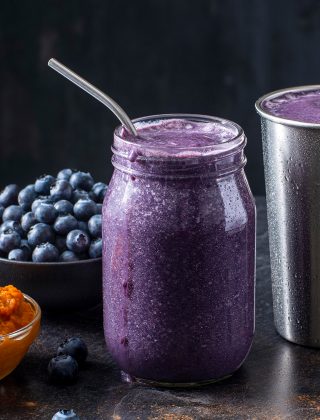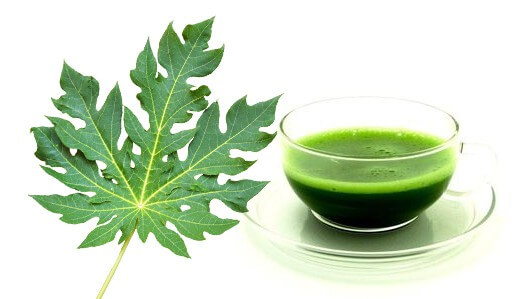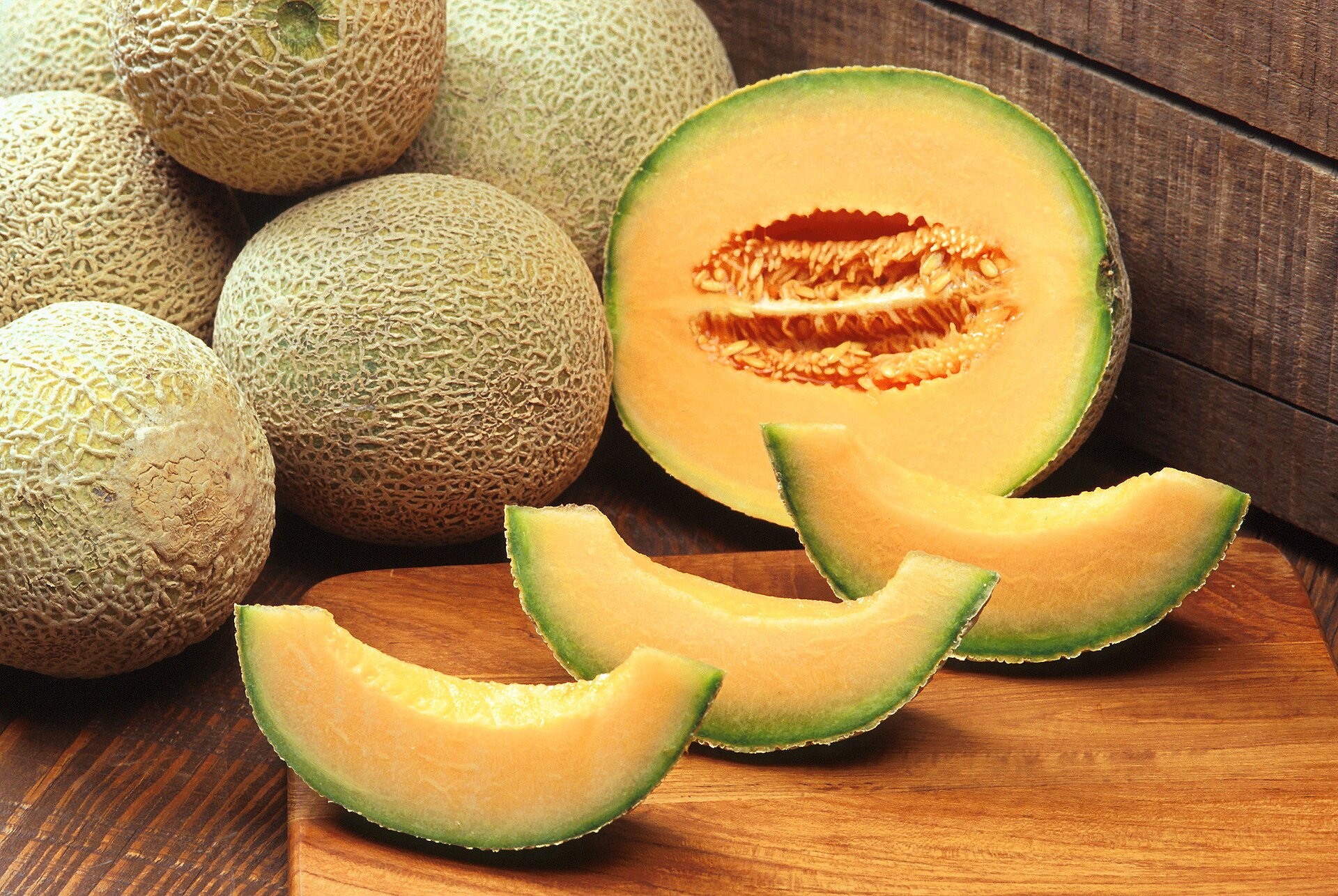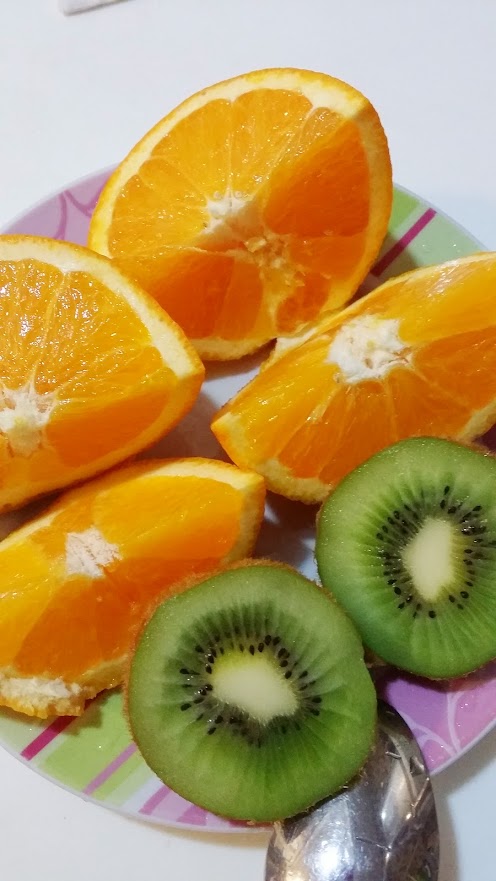Plums are a delicious and nutritious fruit that offer a vast range of health promoting benefits. These small, juicy fruits that come in red, yellow, black, green and purple are packed with vitamins, minerals, and antioxidants that can help improve overall health and wellness.
Below are some of the key health benefits of plums.
1. Rich in Nutrients
Plums are a rich source of vitamins and minerals, including vitamin C, vitamin K, potassium, and copper. They also contain small amounts of other important nutrients, such as vitamin A, vitamin B6, and magnesium. These nutrients are essential for maintaining good health and preventing chronic diseases.

Green plums
2. Aid in Digestion
Plums are a great source of dietary fiber, which is essential for maintaining a healthy digestive system. Fiber helps keep food moving smoothly through the digestive tract and promotes regular bowel movements, which can prevent constipation and other digestive problems.
3. Boost Immune System
Plums are rich in vitamin C, which plays a key role in supporting the immune system. Vitamin C helps boost the production of white blood cells, which are responsible for fighting off infections and diseases.
4. May Lower Cholesterol
Plums are rich in antioxidants, including phenols and flavonoids, which can help lower cholesterol levels in the blood. High cholesterol is a major risk factor for heart disease and stroke, so adding plums into your diet may help protect against these conditions.

Fresh black plums
5. May Improve Bone Health
Plums are a good source of vitamin K, which is essential for strong bones. Vitamin K helps promote the production of osteocalcin, a protein that is necessary for bone mineralization. This can help reduce the risk of osteoporosis and other bone-related conditions.
6. May Help Regulate Blood Sugar
Plums are a low glycemic index fruit, which means they don’t cause a rapid spike in blood sugar levels. This makes them a great snack option for people with diabetes or those looking to manage their blood sugar levels.
7. Promotes Digestive Health
Plums are a great source of dietary fiber, which is essential for maintaining good digestive health. Fiber helps to regulate bowel movements, prevent constipation, and reduce the risk of colon cancer. Plums also contain sorbitol and isatin, two natural laxatives that help to regulate bowel movements.
8. Reduces Inflammation
Plums contain flavonoids and phenolic compounds that have anti-inflammatory properties. These compounds help to reduce inflammation in the body, which can lead to a wide range of health problems, including arthritis, heart disease, and cancer.
In conclusion, plums are a delicious and nutritious fruit that is versatile and can offer a wide range of health benefits. Plums are a healthier snack alternative to unhealthy snacks like chips and candies. The next time you’re at the supermarket, grab some plums to reap the health benefits of plums.

